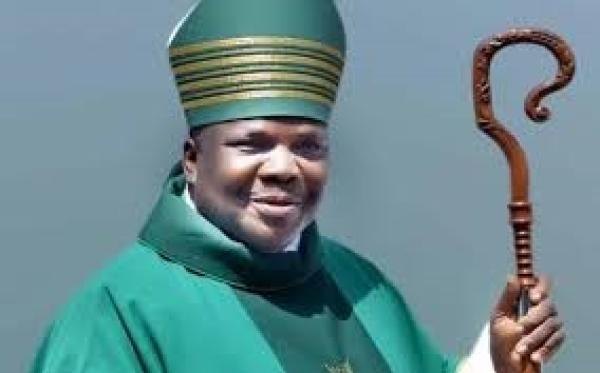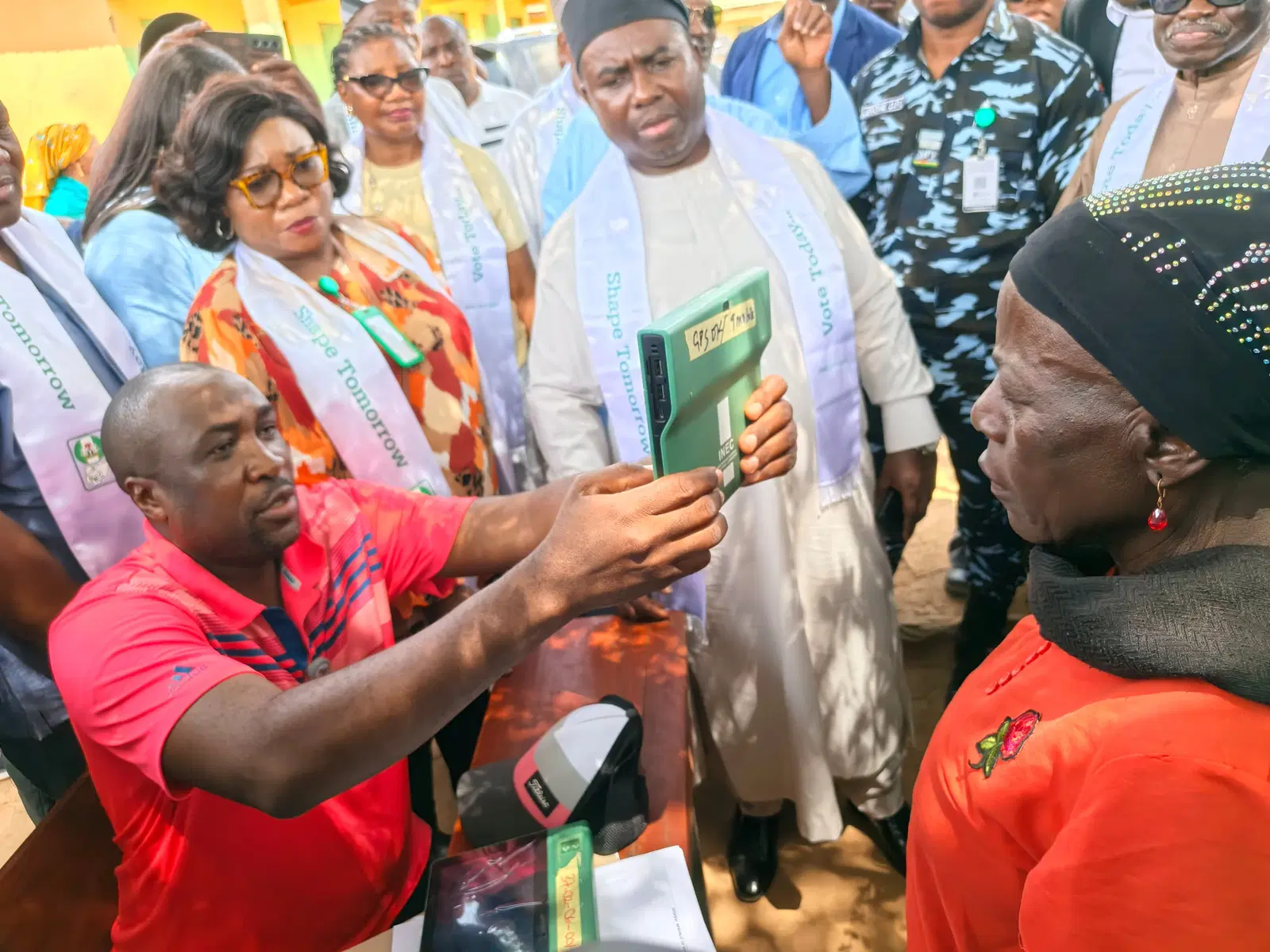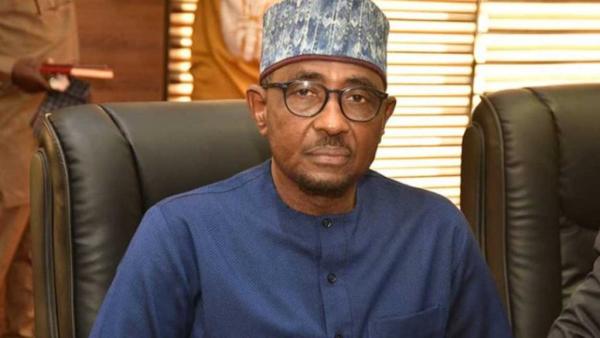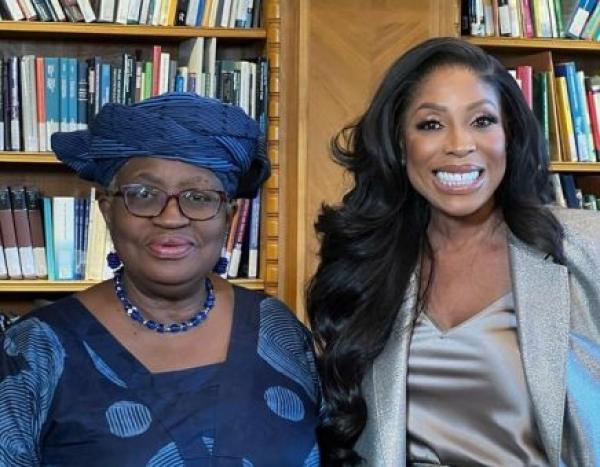
Ipsos Synovate lead researcher Dr Tom Wolf addressing a media briefing on the pollster's latest research findings, September 9, 2015 in Nairobi. PHOTO | NJUGI NGUGI | NATION MEDIA GROUP
High cost of living, corruption and unemployment remain the leading problems affecting Kenyans, according to a survey.
The Ipsos survey conducted between July and August also places insecurity and terrorism fears among the major concerns for Kenyans.
It is the Cord supporters, though, who reported a higher rating in terms of the corruption and inflation perceptions, compared to their Jubilee counterparts.
Other findings of the Ipsos SPEC Barometer survey are that land grabbing, extortion of bribes by government officials, extrajudicial killings, economic victimisation, sexual abuse, child abuse and corruption are the main human rights violations and remain widespread.
Compared to the Grand Coalition government, a majority of the respondents felt the Jubilee administration has performed better on matters of economic growth, education, media freedom and human rights but worse on the cost of living, corruption, crime levels, terrorism and land issues.
On the 2017 General election issues, just 43 per cent of Kenyans have confidence in the Independent Electoral and Boundaries Commission (IEBC) to manage the election, 66 per cent of them from Jubilee.
71 per cent from the Cord coalition, however, expressed lack of confidence in the commission.
DESIRED CHANGES
Desired constitutional changes, according to the survey, are changes to the electoral commission, reduction of the number of elected officials, retention of healthcare provision at the central/ national government and more powers for governors and counties.
A majority of the respondents, 73 per cent, also support laptop issuance for all primary school pupils as opposed to Standard One pupils only.
The feeling cuts across the two main political coalitions, all with a rating of more than 70 per cent.
However, hopes that the laptop project will be implemented before the next general election is very low, and again this is shared across the two coalitions.
Respondents across the political divide also felt there was some amount of government influence on media in Kenya.






















